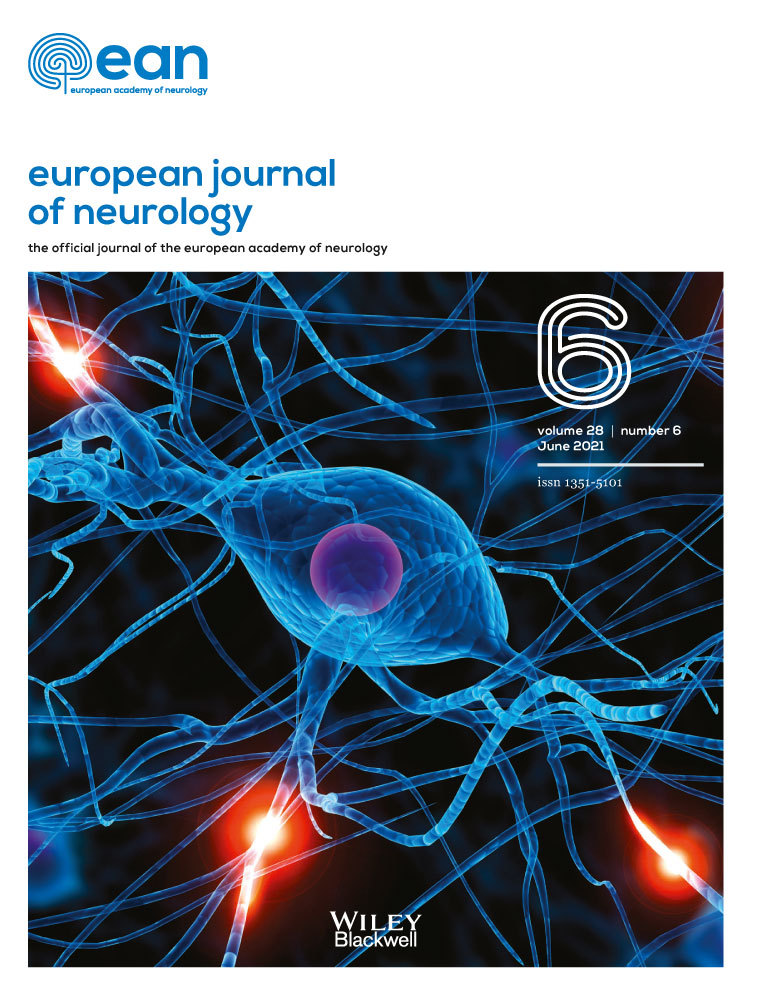Somatic symptoms have negligible impact on Patient Health Questionnaire-9 depression scale scores in neurological patients
Abstract
Background and purpose
There is concern that the Patient Health Questionnaire-9 (PHQ-9) depression scale may be impacted by the presence of somatic symptoms (differential item functioning [DIF]) in patients with neurological conditions. We evaluated the PHQ-9 for the presence and impact of DIF in large clinical samples of neurological patients.
Methods
We conducted a cross-sectional study of patients seen at the Cleveland Clinic Cerebrovascular, Headache, Movement Disorder, and Neuromuscular clinics who completed the PHQ-9 and patient-reported disease severity measures as part of standard care between 29 July 2008 and 21 February 2013. We evaluated PHQ-9 items for DIF with respect to disease-specific severity for each condition. Salient DIF impact was characterized as a difference between DIF-adjusted and unadjusted PHQ-9 scores.
Results
Included in the study were 2112 patients with stroke, 8221 with migraine, 440 with amyotrophic lateral sclerosis (ALS), and 5022 with Parkinson disease (PD). Several PHQ-9 items demonstrated DIF with respect to disease-specific severity, although salient DIF was present in very few patients (stroke, n = 0; migraine, n = 1; ALS, n = 13; PD, n = 1).
Conclusions
PHQ-9 items function consistently across disease severity, with salient levels of DIF impact found only for a very small proportion of people. These results suggest that the PHQ-9 provides a consistent measure of depression severity among people with neurological conditions associated with somatic symptoms that overlap with depression.
CONFLICT OF INTEREST
The authors declare no financial or other conflicts of interest.
Open Research
DATA AVAILABILITY STATEMENT
Anonymized data relevant to this study will be shared by request with any qualified investigator pending appropriate institutional review board approvals.




